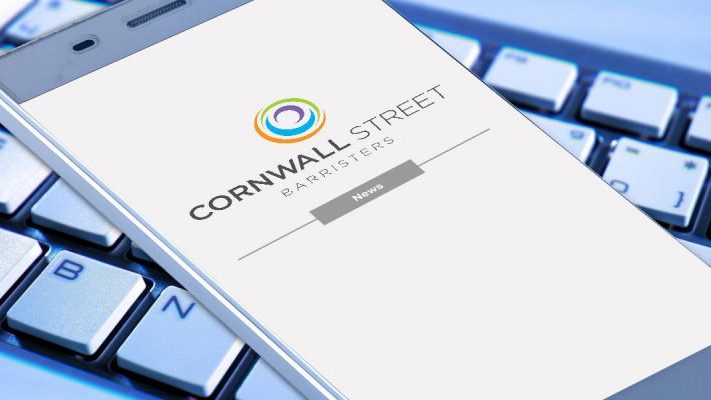There is uncertainty for everyone in these difficult times but one of the biggest worries for private tenants is the issue of their homes, and for landlords is the issue of having to pay a mortgage when there may not be any rent coming in. In this series, Rebecca Keeves addresses the temporary measures that have been put in place by the Government during this unprecedented time and the consequences for both landlords and tenants.
What are the changes?
Under the existing pre-action protocol, letters should be sent and discussions had before the claim is issued and, ideally, before the notice is sent. The pro forma Particulars of Claim specifically ask what contact attempts have been made and what is known about the occupants; however, if the answers to these are “none” and “nothing” it has very little bearing on the progression of the case. The Courts seems to accept that where a landlord isn’t receiving rent or there is a risk to damage to the property matters need to progress swiftly. The Court does not expect the landlord to make any particular concession and, in fact, if mandatory grounds are made out, there is little the Court can do, even if it disagrees with the actions of the landlord pre-issue. The Court rarely departs from the fixed costs even in the event of a swift eviction.
In the current situation, the Government is placing significant emphasis on landlords and tenants to work together. It is encouraging the agreement of payment plans and work is being done to create tighter pre-action protocols. If and when this comes into force a further briefing note will be produced.
Who is affected?
All landlords and tenants, and in fact mortgagors and mortgagees, although such matters are beyond the scope of this note. The Government and the Court expect you to work together to resolve any issues with payment of rent. If the issue is loss of income due to the Coronavirus crisis then landlords should be looking to consider what alternative courses of action are possible.
What should you do?
If you are a tenant and you think you are going to come into difficulties, contact your landlord. Be proactive and set out clearly what the position is. Your landlord may wish to see an income and expenditure form – these can be obtained from the CAB website or a number of other charity organisations. It is also worth talking to those charities. The Government has made funds available to households experiencing financial difficulties so make sure you are claiming everything you can.
If you are a landlord, be receptive to the issues and concerns of the tenant. Consider the overall costs of trying to evict them for what is likely to be a short-term problem. Consider the current restrictions on eviction proceedings (see briefing note 1) and whether the time and delay are worth it as opposed to reaching an agreement.
Further, there are options available to assist landlords. The Government has agreed with lenders that they will be more supportive of mortgagors with buy-to-let mortgages and will offer 3-month mortgage holidays, if necessary, so do remember to make enquiries with your lender. You could then pass some or all of this benefit to the tenant and ease the burden during these difficult times. If your tenant is a good one, you may wish to assist to ensure you keep them. Even if they aren’t, there may be a cost implication for you in issuing proceedings and if the tenant is able to clear the arrears before any hearing date, you are unlikely to be successful.
The guidance states that the Government “… strongly advises landlords not to commence new notices seeking possession during this challenging time without a very good reason to do so.”
Court’s Powers
At present, this is based on guidance and essentially a request from the Government. It doesn’t affect the Court’s discretion in possession proceedings. If a stricter pre-action protocol comes into force it may well contain mandatory provisions so keep an eye out for updates.
In any event, it should be remembered that the Court has a general discretion as to costs. If the Court disapproves of the steps taken it may disallow the landlord’s costs and may even consider making a costs order against the landlord, even if the claim is successful.
The Future
It seems likely that a stricter pre-action protocol will follow shortly. Further guidance will be provided in due course.
Coming Up
Further notes will follow in the next few days containing further guidance.

